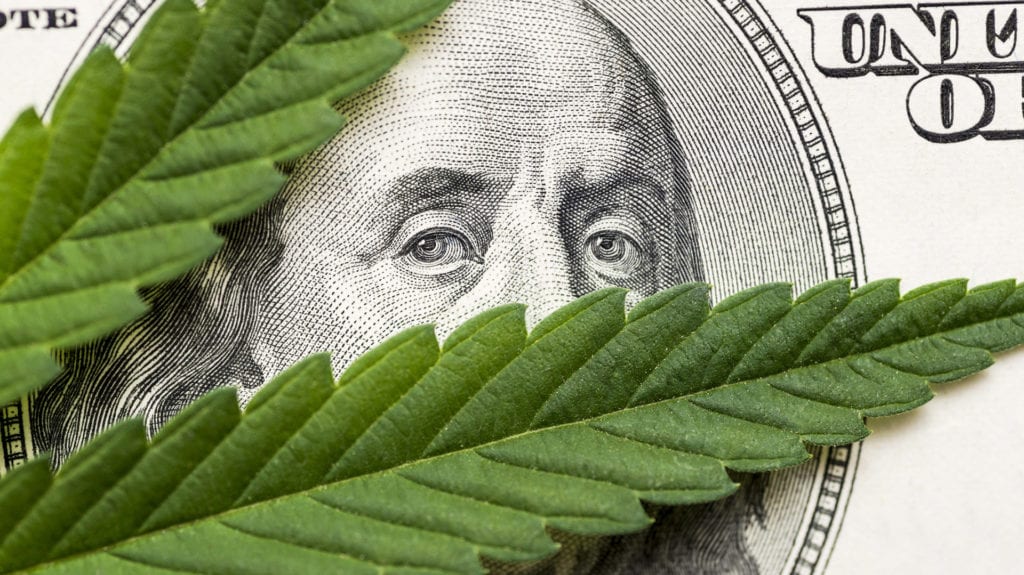On June 29, 2020, FinCEN published FIN-2020-G001 providing guidance for obtaining due diligence information for hemp-related businesses. The BSA industry has wrestled with cannabis and its derivative rules since FinCEN’s initial 2014 guidance for banking marijuana-related businesses. Between 2014 and 2018, hemp was equated with marijuana since both are derived from the same plant. However, the December 2018 Farm Bill removed hemp from the list of controlled substances if it contains less than 0.3% of the compound Tetrahydrocannabinol (THC). This created a regulatory vacuum as financial institutions questioned the application of the 2014 marijuana guidance as it related to hemp and other products derived from hemp.
During BSA Audits, we found bankers were continuing to file “Marijuana Limited” suspicious activity reports (SARs) for hemp related businesses. Their reasoning was concerning that examiners would criticize the BSA Program for failure to file SARs. The December 2019 Joint Agency Guidance clarified that financial institutions are not required to file SARs for customers solely because they are hemp-related businesses. The guidance noted that institutions must continue to monitor hemp-related businesses to ensure that they comply with the requirements of the United States Department of Agriculture’s (USDA) Interim Final Rule for the establishment of a domestic hemp production program. The June 2020 guidance clarifies FinCEN’s expectations for minimum due diligence that should be performed when banking the hemp industry.
TCA’s Brian Crow will analyze the evolving conundrum known as banking cannabis related businesses in our August 4th webinar (register here). Until then, we wanted to highlight some key takeaways from the current guidance.
Covered Businesses
Hemp-related businesses are growers and producers of hemp products. Footnote six of the guidance gives a broad definition of covered businesses in the 2018 Farm Bill says:
Section 10113 of the 2018 Farm Bill defines “hemp” more broadly than the 2014 Farm Bill defined “industrial hemp,” thus eliminating any question that both the plants and products derived from the plants are legal, so long as the THC concentration does not exceed 0.3 percent on a dry weight basis.
Many bankers expressed concern that the guidance did not specifically mention products that contain cannabidiol (CBD oil) and only referenced “hemp products.” Since CBD is a product derived from hemp, these products are also covered under this guidance provided that the THC concentration does not exceed 0.3%.
Due Diligence Requirements
Financial institutions must obtain beneficial ownership information and follow its procedures for establishing anticipated activity volumes and perform ongoing monitoring to identify changes in behavior or activity that is not consistent with the nature of business or anticipated activity. In addition to standard due diligence processes, the institution should confirm that the hemp-related business complies with state, tribal or USDA licensing requirements. FinCEN suggests that institutions confirm licensing by either obtaining a written attestation from the customer that they comply with licensing requirements or request a copy of the license.
FinCEN guidance is not open-ended. If a financial institution determines that a customer presents greater risk due to its activity volume, geography, product usage, negative news searches, etc., the institution may need to request additional documentation such as crop testing reports, license renewals or verification of information on the state’s licensing site. Monitoring may need to be customized to adequately address the unique risks each customer poses.
This guidance means FinCEN provided the minimum requirements for performing due diligence for hemp-related businesses; however, bankers cannot rely solely on performing the minimum to identify risks that require asking additional questions. TCA discussed in the May 2019 article, due diligence cannot be viewed as a checklist procedure. Rather, it is a gathering of various pieces of information that must be put together to tell a story. Just as dumping random puzzle pieces out of a box does not create a picture, the various due diligence documentation requirements do not tell a story until the institution analyzes the information and uses it to explain why it considers customer activity suspicious or not.
Reporting Requirements
As previously noted, institutions are not required to file SARs solely because a business engages in the growing or production of hemp. If through due diligence and ongoing monitoring a banker identifies suspicious activity, it should follow its current SAR procedures in determining whether to file. The guidance provides a list of red flags to consider when monitoring hemp-related businesses.
First, be aware of various state laws regarding hemp products. Some states consider hemp illegal and some set THC limits as low as 0.0% for what they will consider a legal hemp product. Bankers must consider which jurisdictions customers are doing business in so compliance can be verified with applicable state laws. Ongoing monitoring of license requirements is important as businesses may continue operating after failing to renew or have their license revoked because the state concluded they were out of compliance. A customer conducting activities in a state where hemp is still illegal would be subject to a SAR filing.
Because hemp is legal at the federal level, hemp businesses are free to accept payment via ACH, wire transfer or check. Large volumes of cash could be an indicator that the hemp business is a front for illegal activity including marijuana-related activity. Our due diligence must be sufficient to explain the source of all funds coming into the account and the purpose of all funds going out of the account.
TCA can help!
Contact us at 800-934-7347 or [email protected] to schedule your next BSA Audit or to request consulting assistance for building out your BSA Program to address emerging risks such as hemp related businesses.
Register for TCA’s next webinar Marijuana, Hemp & CBD, Oh My!!! Scheduled for August 4th at 10:00 CDT.






